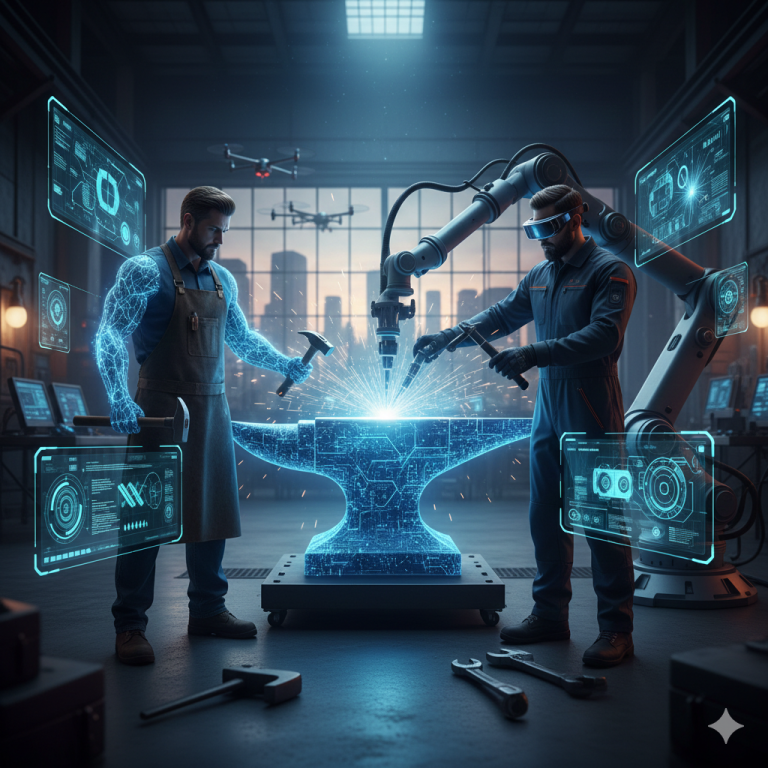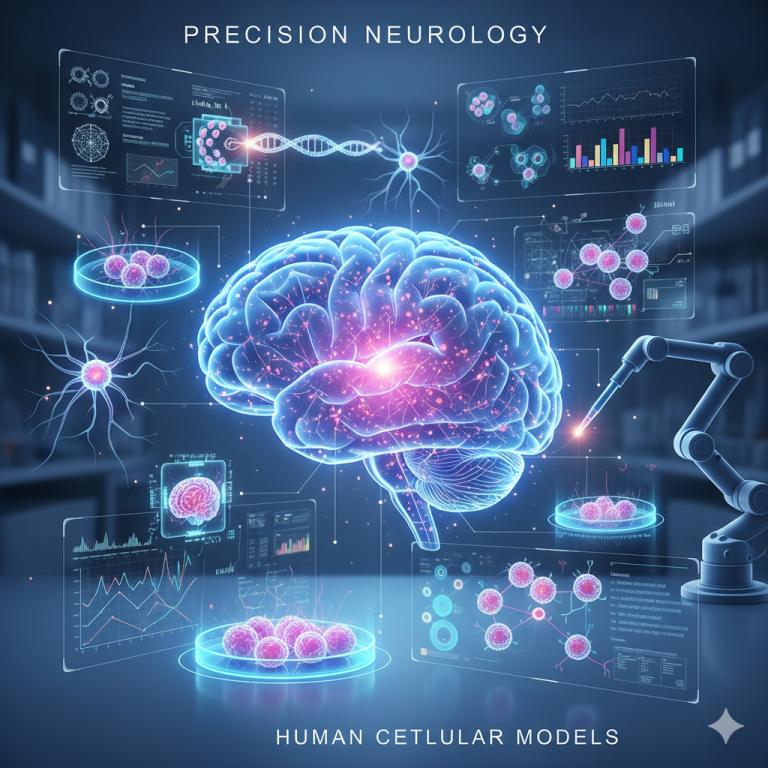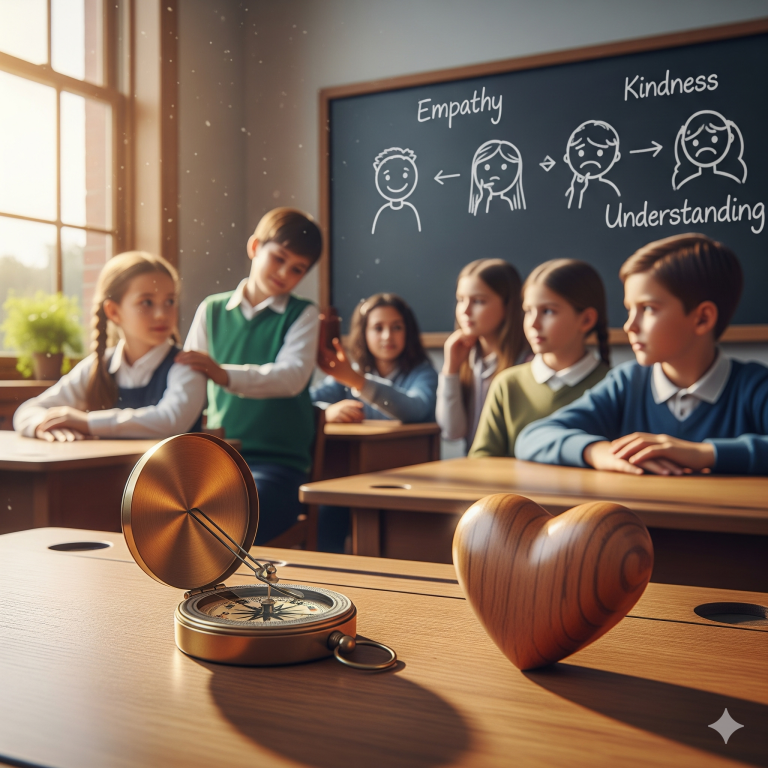
Skill-Based Education
Why More Schools Are Focusing on Skills, Not Just Grades

More and more schools are shifting their focus from just giving grades to teaching skills that students can actually use in the real world. This change is happening because the job market today is looking for people who can do things, not just memorize facts. Employers want workers with problem-solving skills, creativity, and the ability to work well with others. Traditional schooling, which often focuses on testing and grades, doesn’t always teach these practical skills. That’s why many schools are now offering programs that teach hands-on skills like coding, communication, and critical thinking.
By focusing on skills, students can leave school ready to start a career or take on any challenges life throws at them. The idea is that knowing how to do something is just as important, if not more, than knowing the theory behind it. This approach helps students feel more confident and prepared for the future.
Can You Learn What You Really Need Without a Traditional Degree?

In today’s world, many people are asking if you can really learn what you need for a job without going to a traditional school. The answer is yes! While a degree can still be important for some careers, many industries now focus more on practical skills than on having a diploma.
With online courses, boot camps, and hands-on training, it’s easier than ever to learn things like coding, digital marketing, or design—skills that are in high demand. Plus, employers are increasingly looking for experience and abilities, not just degrees.
This shift is making education more accessible to everyone, regardless of their background. So, if you’re passionate about a skill or career, you don’t always need a traditional degree to get started. The real key is to stay motivated, keep learning, and build your skills in the areas that matter most for your dream job.
How Skill-Based Learning Prepares You for Real-World Jobs

Skill-based learning is all about gaining hands-on abilities that are directly useful in the real world. Unlike traditional education, which focuses more on theoretical knowledge, skill-based learning helps students master specific tasks like coding, graphic design, or customer service. By focusing on these practical skills, students are better prepared for the workforce. They learn exactly what’s needed for the job, instead of just memorizing facts that might not be as useful in daily tasks.
For example, instead of reading about how to use software, students might actually practice using it, which makes them more confident and job-ready. Employers often prefer candidates who can hit the ground running, and skill-based education makes that possible. Whether it’s learning to build websites or manage social media, these skills are in high demand and can lead directly to job opportunities. In today’s world, having the right skills can be more important than having a degree.
Are Old School Methods Holding Us Back from the Future?

Old school education methods, like memorizing facts and focusing mainly on exams, might be holding us back from preparing for the future. In today’s world, where technology and industries are changing so quickly, it’s important to focus on skills that are directly useful in the real world. Traditional schooling often emphasizes theory and abstract knowledge, but skill-based education focuses on practical abilities like problem-solving, creativity, communication, and technical know-how. These skills are more aligned with the demands of modern jobs, where hands-on experience and adaptability are key. By sticking too much to outdated teaching methods, we risk creating a generation that isn’t ready for the jobs of tomorrow. It’s time to rethink what we value in education and move away from old methods that don’t match the needs of the future. Skill-based education is the way forward, ensuring that students are prepared for the world they will work in.
What Happens When Schools Start Teaching Practical Skills Over Theory?

When schools start focusing more on teaching practical skills instead of just theory, things change in a big way. Students get to learn things they can actually use in real life, like problem-solving, communication, and hands-on work. For example, instead of just studying the theory of how to fix a car, students might get to actually work on cars, fixing real issues. This makes learning more interesting and useful.
Practical skills help students get ready for the workforce by teaching them how to handle real-world challenges. Schools start focusing less on memorizing facts and more on doing things that will help in a job. This can lead to students feeling more prepared and confident when they enter the workforce, because they already know how to apply their skills. It also means that education isn’t just about passing tests—it’s about learning what truly matters for success in life and work.
The Shift From Books to Jobs: Is This the End of Traditional Education?

As more people focus on gaining practical skills, the question arises: is traditional education becoming less important? For years, students have been taught from textbooks, memorizing facts and theories. But in today’s world, employers are looking for people who can actually do the job, not just recall information. Skill-based education focuses on teaching real-world abilities, like coding, communication, or even technical trades, that students can immediately apply in their careers.
This shift means that the old-school way of learning might not be enough anymore. Some argue that traditional schooling doesn’t prepare students for the fast-changing job market. Instead, skill-based programs give students hands-on experience and specific training that are more relevant to the jobs available today. While traditional education still has its value, it’s clear that the future might belong to those who can prove their skills, not just their ability to pass exams.
Skills That Matter: What Should Students Be Learning Today?

In today’s fast-paced world, students need more than just book knowledge to succeed. While traditional schooling focuses on subjects like math, science, and history, the skills that truly matter today are those that prepare students for real-world challenges. Critical thinking, problem-solving, communication, and teamwork are at the top of the list. These skills help students adapt to changing environments, think on their feet, and work well with others.
In addition to these, technical skills like coding, digital literacy, and data analysis are becoming essential in almost every job. Learning how to use technology effectively is no longer optional. Creativity and emotional intelligence are also crucial for personal growth and building strong relationships in both personal and professional life.
As the world continues to change, it’s clear that students today should focus on building these practical, versatile skills to thrive in their careers and everyday life.
Traditional Schooling vs. Skill-Based Learning: Which Is Better for Your Future?

When it comes to education, there’s a big debate about which is better for your future: traditional schooling or skill-based learning. Traditional schooling focuses a lot on academic subjects like math, science, and history, but it often doesn’t teach practical skills that are needed in many jobs today. While these subjects are important, they may not always prepare students for the real world.
On the other hand, skill-based learning focuses on teaching specific skills like coding, graphic design, or even hands-on trades like plumbing or carpentry. These skills are directly linked to job opportunities and often don’t require a degree.
For many people, skill-based learning might be the better choice because it gives them real-world experience and prepares them for the workforce faster. However, traditional schooling still offers valuable knowledge that can be helpful in some careers. Ultimately, the best choice depends on your goals and what you want to achieve in the future.
How Skill-Based Education Is Making Learning More Useful and Fun

Skill-based education is changing the way we learn, making it more practical and enjoyable. Instead of focusing only on textbooks and exams, this approach teaches students real-world skills that can be used right after they graduate. For example, students can learn coding, graphic design, or even cooking, and immediately apply those skills in jobs or personal projects.
One of the best parts about skill-based education is that it’s hands-on. Students get to practice what they’re learning, which makes it easier to understand and remember. It also keeps them engaged, as they’re not just reading about concepts—they’re doing them!
This type of learning also helps students find out what they’re truly passionate about. It gives them the freedom to explore different skills and figure out what excites them the most. Overall, skill-based education is making learning more useful, fun, and better suited for today’s fast-changing world.
Can You Build a Career Without Going the Old-Fashioned School Route?

Many people are questioning whether going through the traditional school system is the best way to build a career. In the past, getting a college degree was seen as the only path to success. But today, things are changing. With the rise of skill-based education, more people are learning through hands-on experience and specialized courses instead of following the usual school route.
You can now gain practical skills that are directly tied to jobs like coding, graphic design, digital marketing, and even carpentry through online platforms or short-term training programs. These skills are highly valued by employers, sometimes more than a degree. So, yes, it’s absolutely possible to build a career without going through the old-fashioned school system. As long as you focus on learning real, marketable skills, you can create your own path to success!




